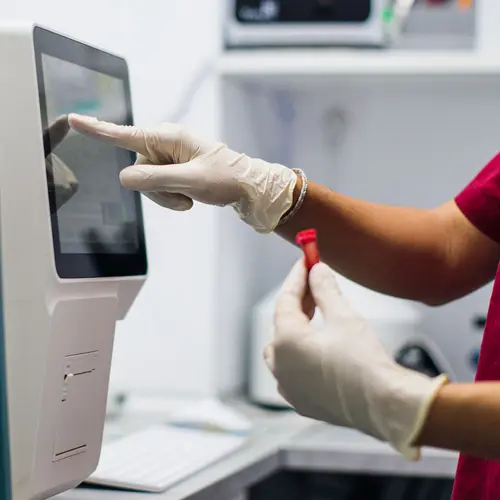Your body is like a network of highways, carrying food, fluids, and waste around and out. When certain sections of those roadways narrow because of disease or other reasons, it's called a stricture.
When this roadblock happens in your large intestine, it's called a colon stricture. Your large intestine, or bowel, is where your body converts digested food into poop. A colon stricture slows or stops that waste from passing through.
Types and Causes
Strictures can happen in different parts of your body. They include the tube that carries food to your stomach (esophagus) and your urethra, which channels pee out of your body.
No matter the location, strictures come in two types. You could have one or the other, or both.
Inflammatory strictures result from swelling in your digestive tract. Doctors can treat them with medication or surgery.
Fibrotic strictures happen when scar tissue builds up in the bowel from chronic inflammation. They require surgery.
One main cause of colon strictures is inflammatory bowel diseases (IBDs) like Crohn's disease and ulcerative colitis. A cycle of inflammation and healing leads to scar tissue that narrows the intestine. Other possible causes include:
- Bulging on the intestine wall (diverticulosis)
- Protruding colon tissue (hernia)
- Bacterial infection in the stomach
- Tumors
- Radiation
- Reduced blood flow (ischemia)
One in two adults with Crohn’s disease may get intestine problems like fistulas (sores) or strictures within 20 years of their diagnosis.
Symptoms
Some signs of strictures can feel vague. Other times, the symptoms may be more obvious. Your colon’s job is to process digested food and liquids and push the waste down to your rectum to be eliminated as stool. A serious stricture can block your bowels and make it hard for you to poop.
Symptoms of a colon stricture may include if you:
- Are nauseated or feel sick to your stomach
- Throw up
- Have stomach cramping, pain, or bloating
- Are constipated
- Have diarrhea
- Notice swelling
- Lose your appetite
- Feel tired
If you don't treat it early, a stricture can turn deadly.
Treatments
Lifestyle changes, medicine, and surgery are the three main ways to treat strictures. Your doctor will recommend a treatment plan tailored to your needs:
Changes to your diet. A low-fiber or low-residue diet reduces the risk of blocks in your intestine and the number and size of your poops. Studies also show a connection between a gluten-free diet and IBD symptom relief, which could lower your risk of strictures.
Anti-TNF treatment. This medicine eases inflammation from a protein called tumor necrosis factor (TNF) and prevents new strictures from forming. It only works on strictures related to inflammation, not fibrosis.
Colonoscopy. Doctors widen the colon with a balloon inserted through a flexible tube (endoscope). They may use a stent to keep the narrowed area open.
Your doctor may also suggest surgery. Studies show that most people with Crohn's disease who also have a stricture will need at least one surgery at some point. There are two kinds:
Strictureplasty widens the narrow part of your intestine without removing it. This surgery is most helpful in the lower part of your small intestine.

